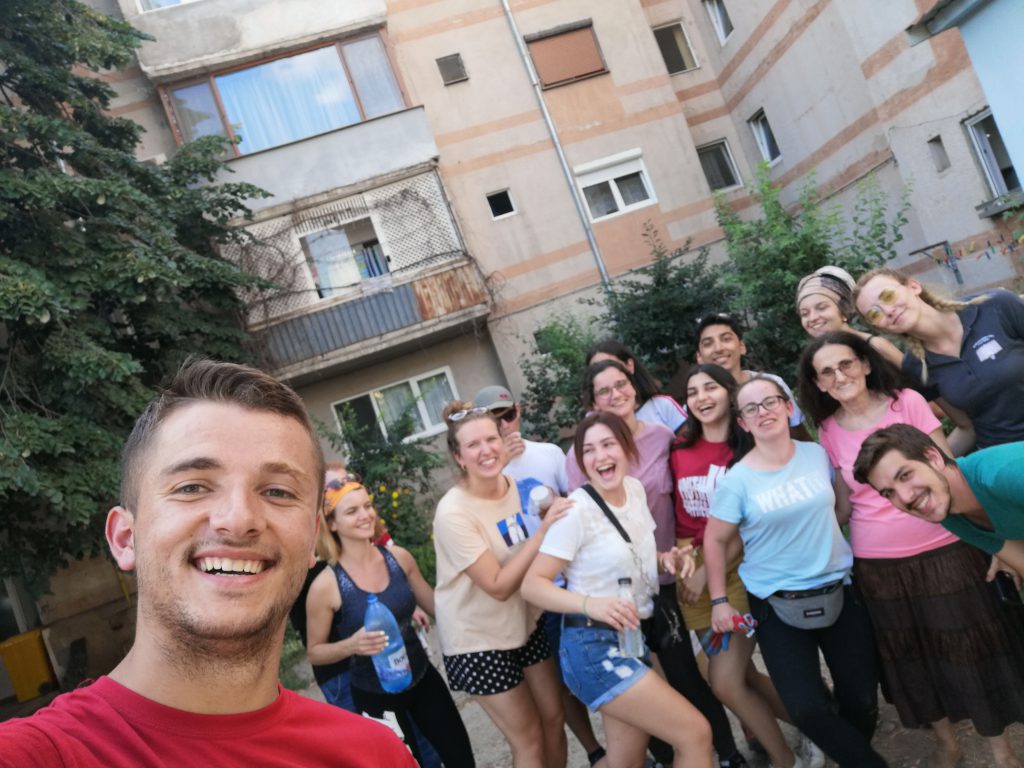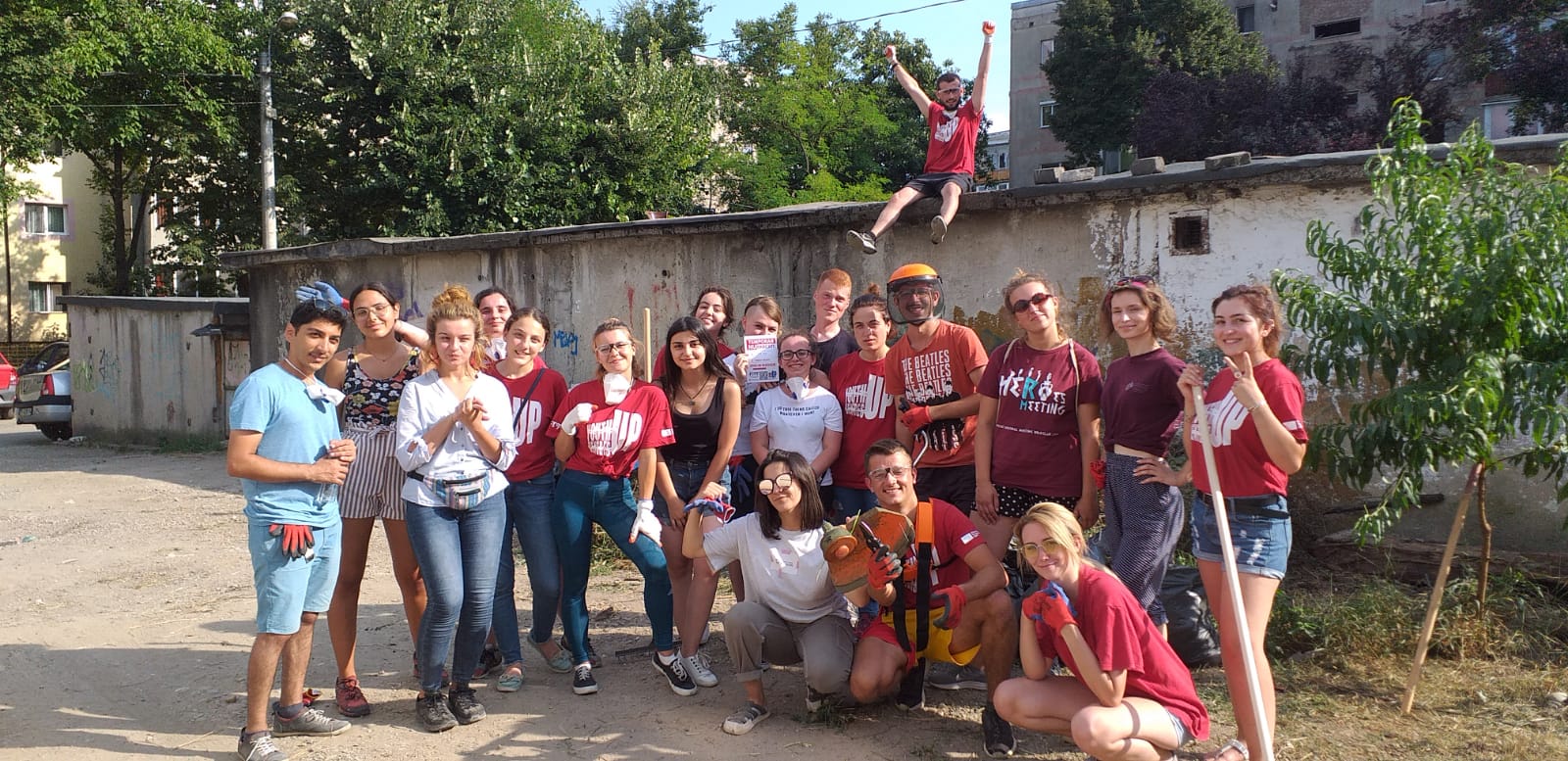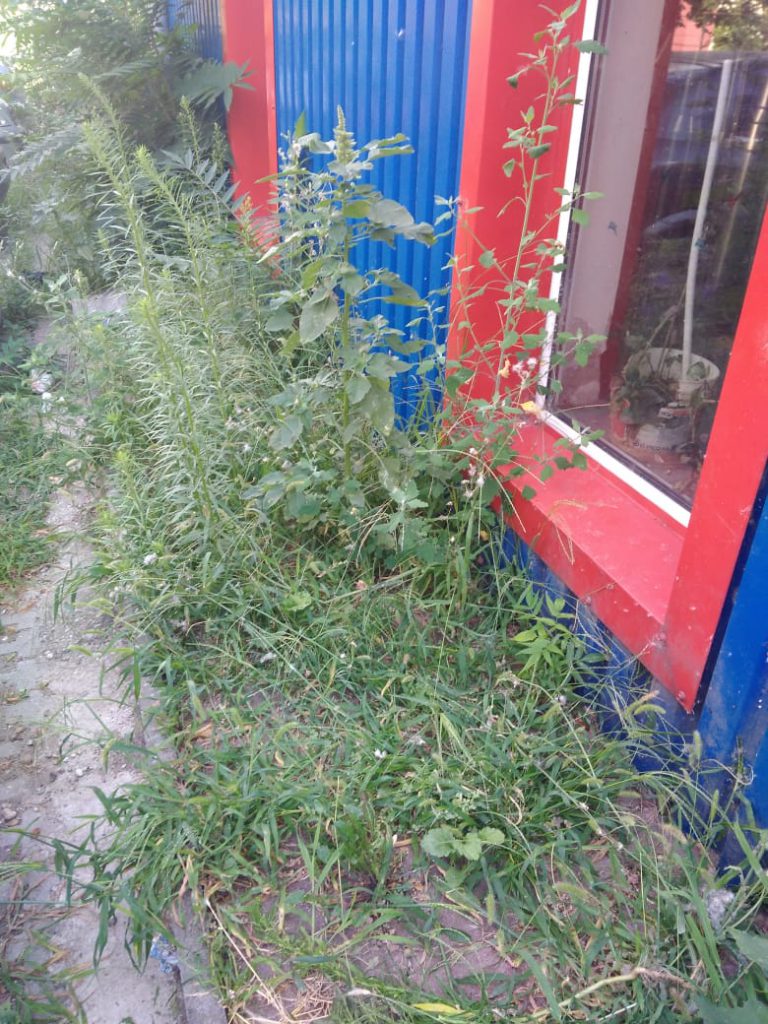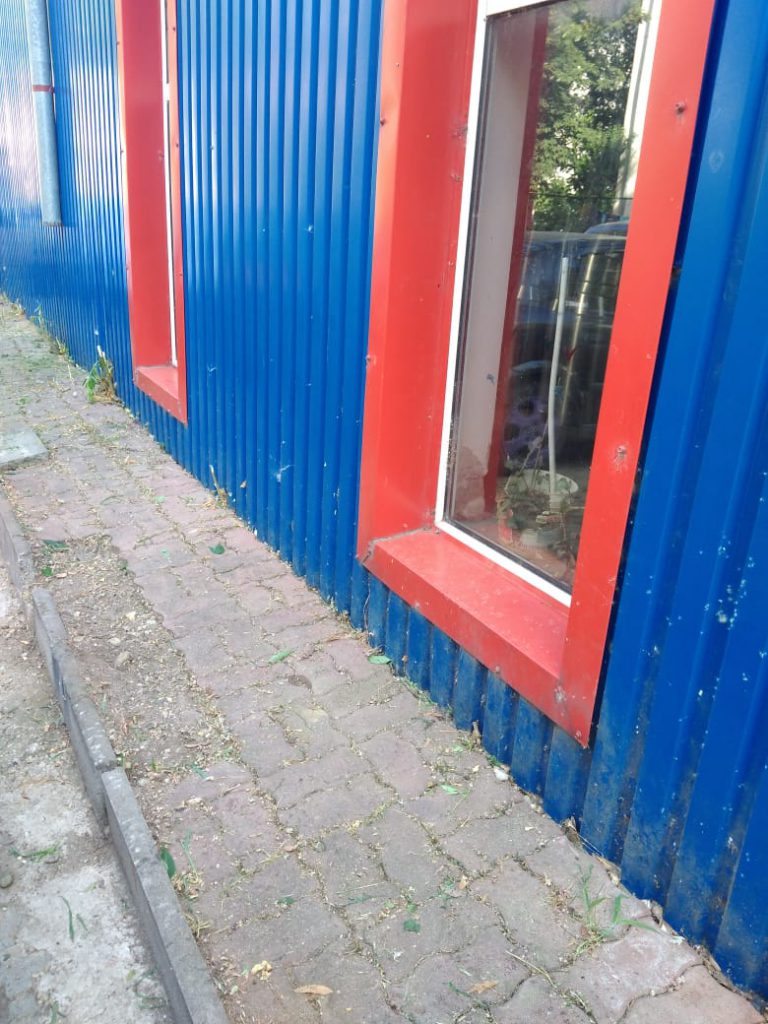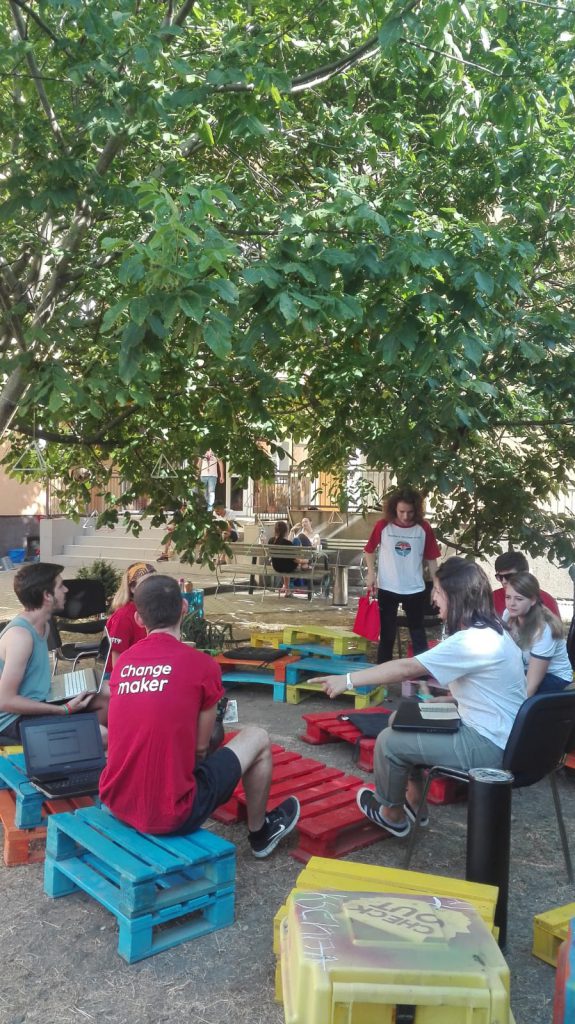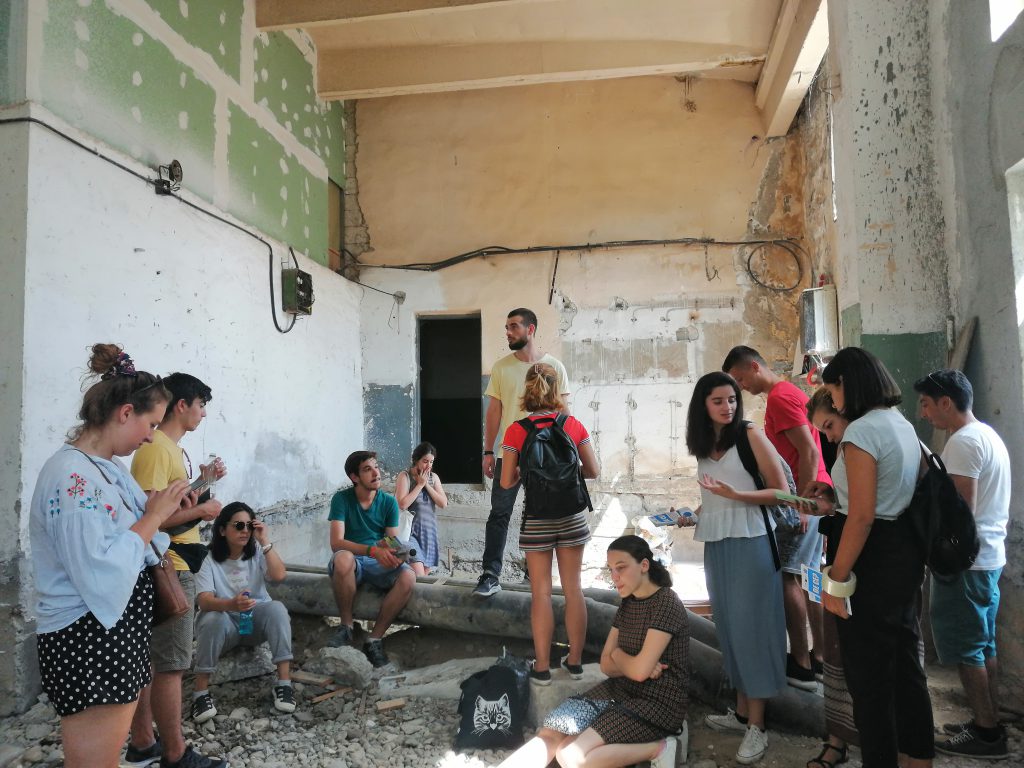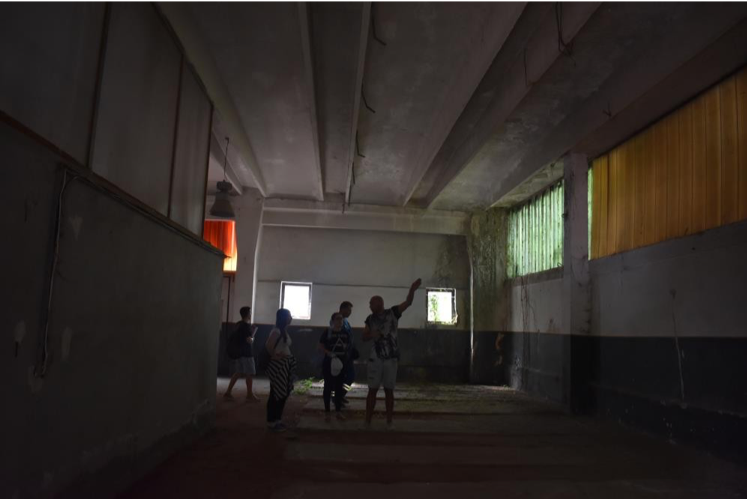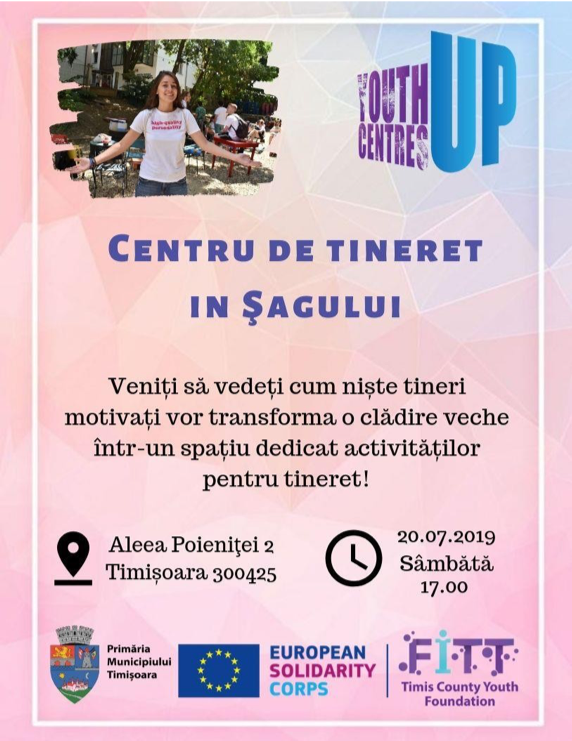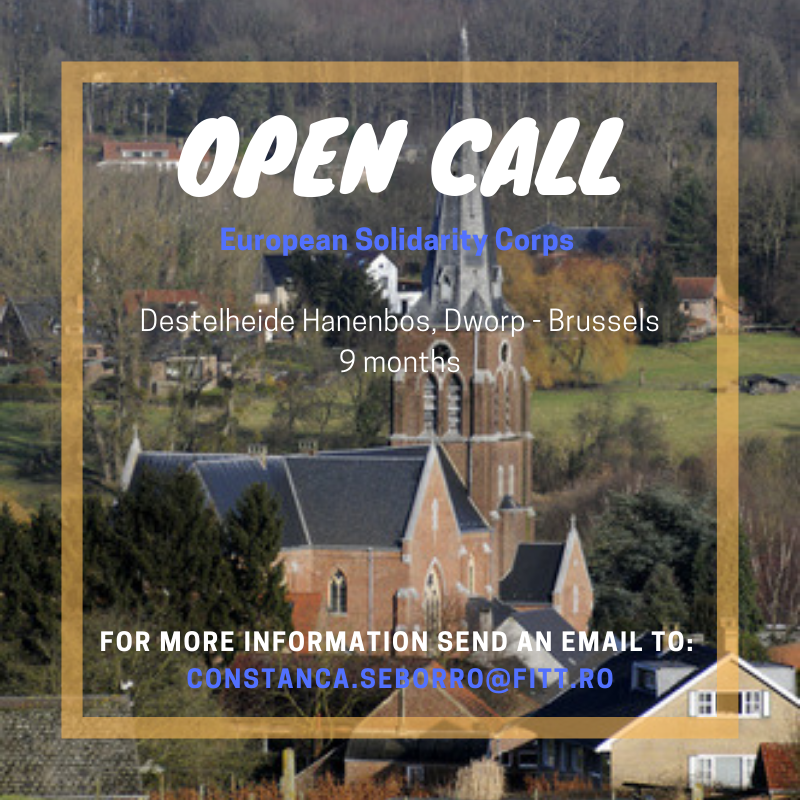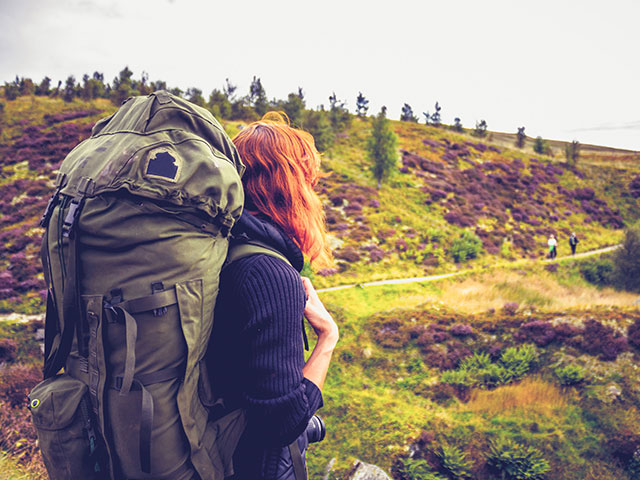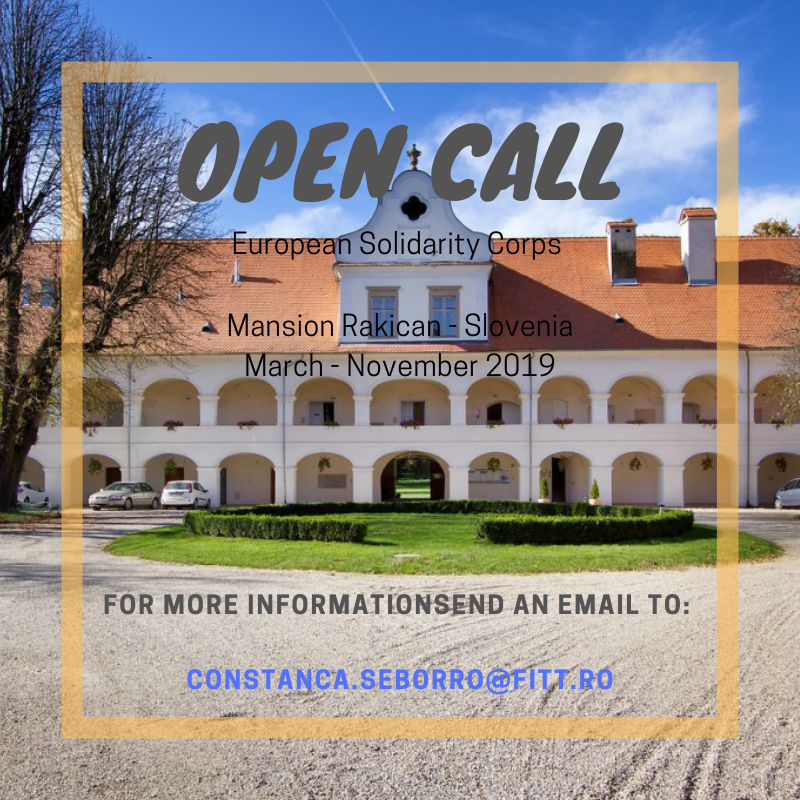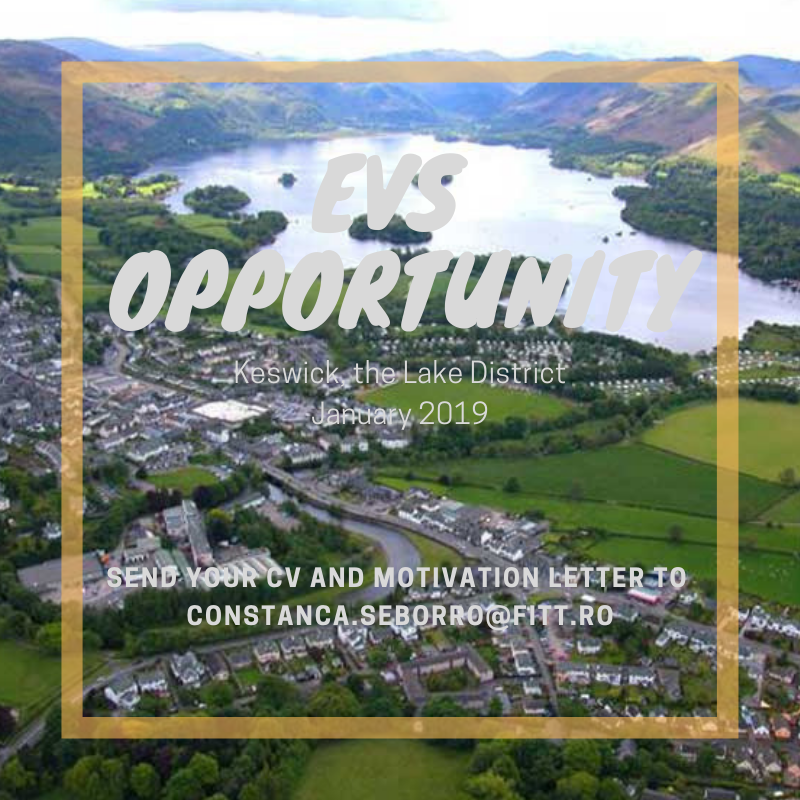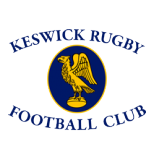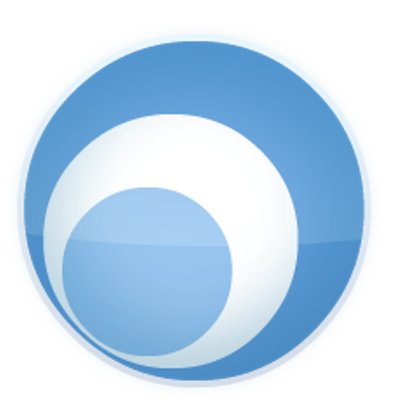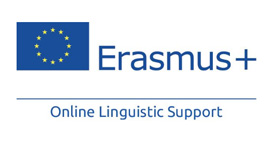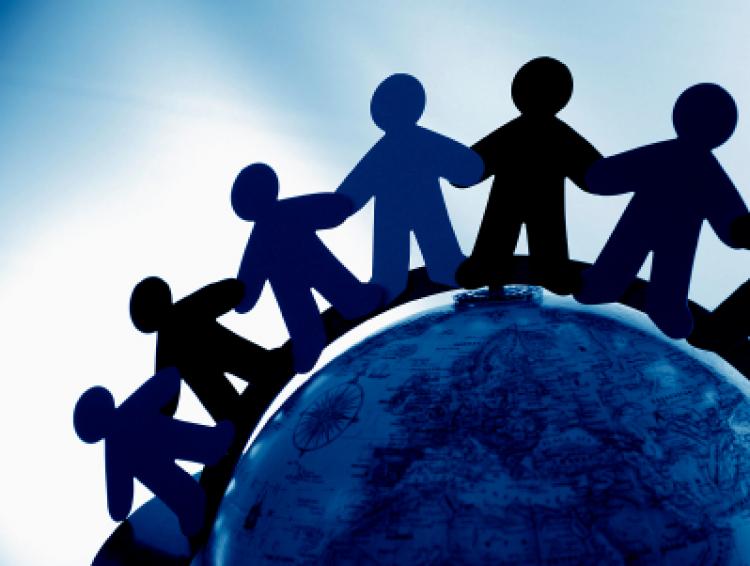“I’ve learned that people will forget what you said, people will forget what you did, but people will never forget how you made them feel.” Maya Angelou
We believe that this sentence can be a perfect exemple for our past week. We had a lot of challenges to face, as expected, some diverging opinions and a lot of hard work. The start of the week was a bit tough, we had some organization problems between the team mates. However, we worked hard in trying to solve them and with the passing of time and a lot effort we found a way to work on them..
In relation with the first sentence of our article, we asked our team how did they feel about our time spent together during the week. One of the most common answers was “challenging”. This is a reflection of some factos external from the team, we had a lot of physical work to be done, a big amount of planning and a big reason to organize meetings where we could discuss about our misunderstandings and goals. People also mentioned often the word “motivating” and at the end of the week, we feel that we have become each others motivators and supporters. In the beggining, our energy was a bit low, but as we started cleaning out our space and seeing the progress of our work, we started to feel some change and feeling more accomplished and fulfilled. Finally, we were working as a team. Results started being visible after the first days. With only three days of very hard physical work, the youth center and its surroundings had a completely new appearance.
In the beginning of the week, one of the most useful aspects was that we had the chance of listening to conferences or having face to face conversations with professionals in the field of youth work. This helped us a lot in inspiring us and motivated us to take a step forward, having in mind the actual impact of what we are doing in Timișoara.
One of the main sources of our motivation also came from the support of the community. We witnessed several exemples of kindness from our neighbours. One morning, we still had not received our working tools and this man who was working nearby came to us with three tools and it completely made our day. Also, other neighbours gave us water and food when we were all really needing it, as well as they received us with open arms and a smile on their face.
Work was definetely not the only thing that made us closer this week. One of the most important things for us was having fun during the process. Most of us also described the week as “funny” and “interesting”. We laughed a lot this week, created our own private jokes that got us through our week more smoothly and without loosing our good mood.
One of the best things this week that really showed results was the fact that we had more frequent meetings. As we all know, communication is key. We worked on our dialogue and on the fact that everyone has a voice to be heard. Our meetings evolved and became less focused on our issues and more targeted to solve them and also to keep our goals in mind while we planed their implementation.
We would also add solidarity as a keyword for the whole process, which we all need to keep in mind and respect while we try to reach our mutual main goal. Something that really helped our team this week was to find the right perspective on why we are here and remember that we are a team working with the same purpose for the community and not ourselves as individuals. That, for us, is the highest expression of solidarity.
After the week was finished, our final moment of reflection was, in general, very positive. We could all agree that our team has had serious development and it’s been reflected on the results of our work. We are discovering, in our time together, new ways of thinking and the main conclusion we made is that diversity is not a problem, it is a solution.
What can we take from this last week? Together, our team came to the conclusion that the secret to the improvement of social connections and relations is just having active dialogue, connected with a lot of patience and tolerance. After these are well consolidated, we can become true friends and not just colleagues.
